Acne vulgaris or acne is a condition that affects the pilosebaceous unit and can be attributed to the overwhelming excretion of sebum and follicular plugging. This disorder affects people from all walks of life, especially adolescents. In fact, studies show that over 80% of women and 90% of men will have experienced acne by the time they turn 21.1
The effects of acne on one’s psyche and emotional well-being are widely discussed. Complications like body image issues, social anxiety, depression, and low self-esteem can all stem from acne that is left untreated. This can be especially harrowing during the formative teenage years.1
It’s no wonder there’s been such a wealth of research into treating acne. While there have been innumerable alternative treatments for skin care, retinoids are a class of ingredients that keeps coming up because of their ability to clear up acne and their anti-inflammatory properties.2
Plant-based retinoids
Unfortunately, retinoids can also be harmful to some. They are relatively infamous for their unpleasant potential side effects, which include redness, dryness, and overall irritation. Retinoids are also forbidden from usage by pregnant or nursing women due to the risk of birth abnormalities.2 As such, plant-based or natural retinoids are now incredibly sought after.
Bakuchiol
One such plant-based ingredient in retinol is bakuchiol, also known as nature’s retinol. It is great for sensitive skin and even has anti-ageing properties.
Bakuchiol is a substance made from the babchi plant’s seeds and leaves. Due to its anti-inflammatory and antibacterial characteristics, this herb is frequently used in Chinese and Indian Ayurvedic medicine, as well as Tamil Siddha therapies, to help heal, relax, and soothe the skin. Although some of the plant’s components have previously been used to treat diseases like vitiligo, employing the plant’s bakuchiol is a relatively new approach.3
Retinol vs bakuchiol
A 2019 study showed no distinction between bakuchiol and retinol in treating hyperpigmentation and wrinkles. However, the retinol users did report more stinging and dryness of the skin. Other research has also shown that bakuchiol improves lines, wrinkles, elasticity, pigmentation, and firmness.3
Retinol and bakuchiol are anti-ageing chemicals; therefore, they can be used on older and ageing skin. However, other elements also should factor into your decision, such as your skin’s sensitivity and acne propensity.4
Benefits of bakuchiol
Bakuchiol is less of an irritant than retinol while being just as effective at treating wrinkles, lines, and uneven skin tone. Like retinol, bakuchiol stimulates the genetic route in skin cells to produce a variety of collagen types that are advantageous for maintaining healthy skin and slowing ageing. It does not, however, result in irritability or persistent dryness. Additionally, bakuchiol may aid in reducing skin sensitivity to the Sun’s damaging rays, in contrast to retinol, which might make skin more vulnerable to them.3
How to use it
Dermatologists advise performing a patch test on your skin to determine how it will react to bakuchiol before using it all over your face, even though it is considerably more gentle than retinol. If it works as expected with no adverse effects, users can begin using it once to twice a day right away. For people who can only tolerate retinol at frequencies lower than nightly, it can also be used even in the morning and on nights when retinol is not used. Finally, bakuchiol can be used in the morning to enhance the effects of retinol for people who use it every night.4
Currently, bakuchiol can only be applied topically as a lotion or serum. Akin to retinol, you can use bakuchiol prior to putting on your moisturiser or serum. This is due to the fact that bakuchiol is not known to interact unfavourably with other chemicals used in cosmetics. When using a retinoid, there are some items you should avoid because they can irritate the skin. However, the natural properties of bakuchiol makes it safe to combine with other skincare products.3
Conclusion
In addition to addressing ageing symptoms like fine lines and wrinkles, bakuchiol, a natural alternative to retinol, may also enhance skin tone and texture. If you’re looking to get into “clean beauty” or if taking retinol has affected you in unforeseen ways, bakuchiol is the ideal alternative to help clear out acne and restore your confidence.
Angeline Yong Dermatology is a dermatology clinic in Singapore that aims to ensure that people with a range of different skin types can receive the treatment they need. That’s why we are now launching an inclusive range of products made with plant-based ingredients – including bakuchiol. Contact us today to learn more.
References
Well, D. (2013). Acne vulgaris. The Nurse Practitioner, 38(10), 22–31. https://doi.org/10.1097/01.npr.0000434089.88606.70
Rud, M. (2023, January 13). 7 natural retinol alternatives that deserve a spot on your shelf. Lifestyle Asia Singapore. Retrieved January 18, 2023, from https://www.lifestyleasia.com/sg/beauty-grooming/skincare/best-natural-retinol-alternatives-that-deserve-a-spot-on-your-shelf/
Burcham, C. (2022, August 23). Bakuchiol: The new, natural alternative to retinol. Byrdie. Retrieved January 18, 2023, from https://www.byrdie.com/what-is-bakuchiol
Velasco, P. (2022, July 6). Retinol vs. Bakuchiol – which is better? InStyle. Retrieved January 18, 2023, from https://www.instyle.com/beauty/skin/retinol-vs-bakuchiol


